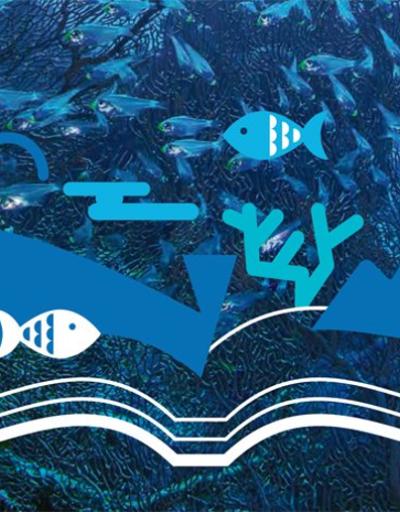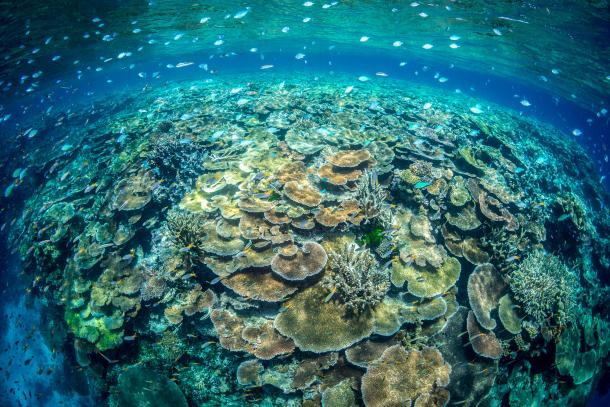
Ocean Literacy for all
Do we really know how important is the ocean?
The ocean covers approximately the 70% of the planet surface. There is only one ocean with many ocean basins, and the Earth’s highest peaks, deepest valleys, and flattest plains are all in the ocean.
The ocean is an integral part of the water cycle and is connected to all of Earth’s water reservoirs via evaporation and precipitation processes. The Ocean is connected to major lakes, watersheds, and waterways because all major watersheds on Earth drain to the ocean. Rivers and streams transport nutrients, salts, sediments, and pollutants from watersheds to coastal estuaries and to the ocean.
The focus of the Ocean Literacy for All initiative is to: develop a global partnership to raise the awareness on the conservation, restoration and sustainable use of our ocean and its resources, and build an improved public knowledge base across the world population regarding our global ocean.

Challenges faced
Most of us live our lives unaware of how our day-to-day actions impact on the health of the ocean, or how the health of the ocean impacts on our own daily lives. Ocean literacy is defined as an understanding of the oceans influence on you and your influence on the ocean.
The focus of the Ocean Literacy for ALL initiative is to develop a global partnership to raise the awareness on the conservation, restoration and sustainable use of our ocean and its resources and to build an improved public knowledge base across the world population regarding our global ocean.
Building on existing national, regional, and international ocean education initiatives, such as those conducted by the Trans-Atlantic Ocean Research Alliance, the International Consortium for Ocean Science Exploration and Engagement (COSEE), and the European and Asian Association of Marine Science Educators, this initiative aims at developing a plan to foster ocean awareness and ocean literacy education in all segments of society.

Goals
To encourage cooperation and exchange on ocean education to improve ocean literacy; to raise awareness of the two-way interactions between the ocean and peoples' daily lives, and empower citizens to adjust their everyday behavior; and, to seek and apply innovative ways to make our current and future citizens ocean literate, so that they recognize environmental challenges and can make informed and responsible decisions related to ocean stewardship and the use of ocean resources.
The activities are coordinated by UNESCO's Intergovernmental Oceanographic Commission. The Swedish Government provides financial support. Following this initiative, several strategic activities will continue the momentum toward achieving the 3 goals listed above. In joint deliberation with all partners involved, international working groups are established to continue to steer the implementation of the activities.


